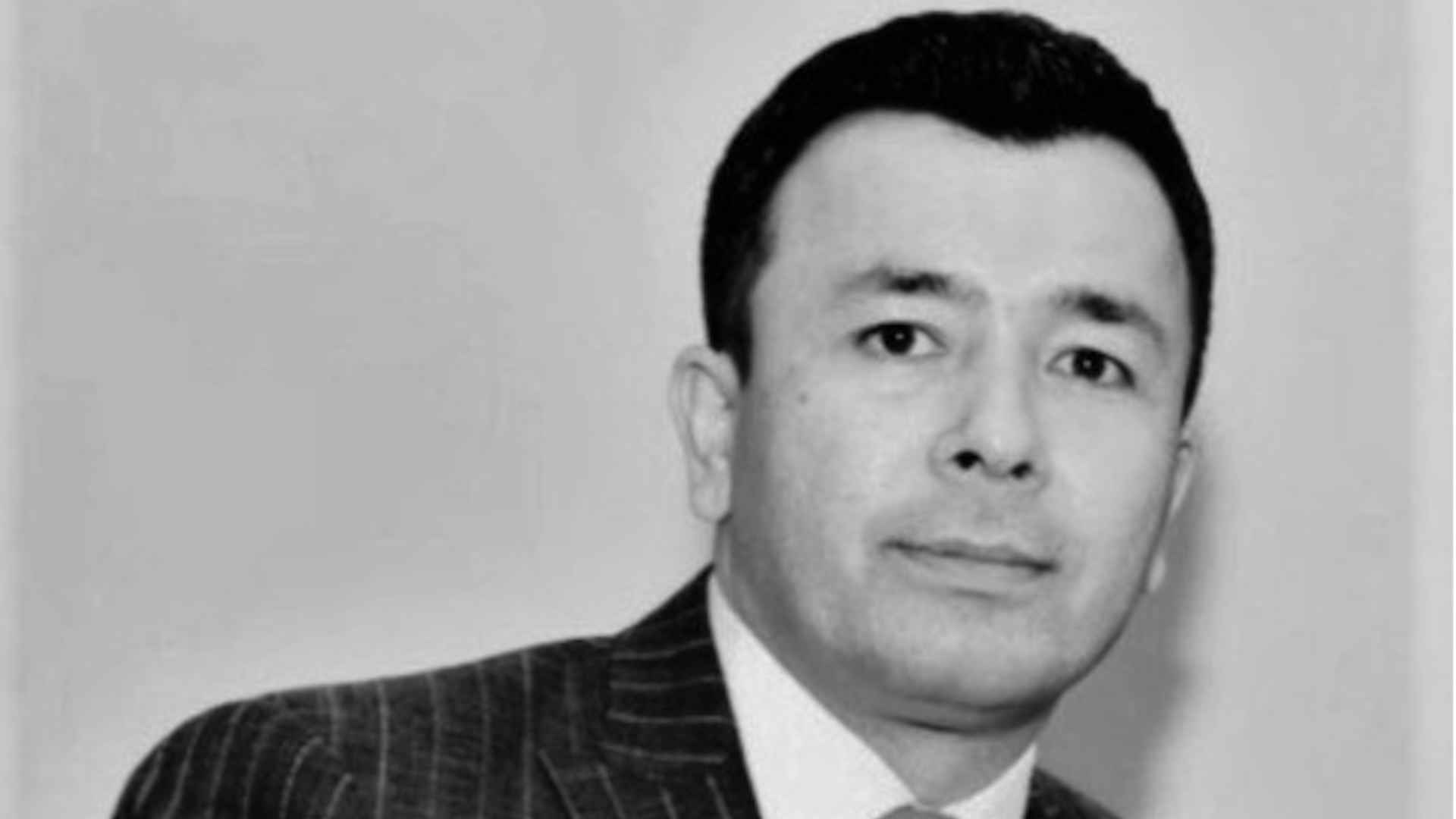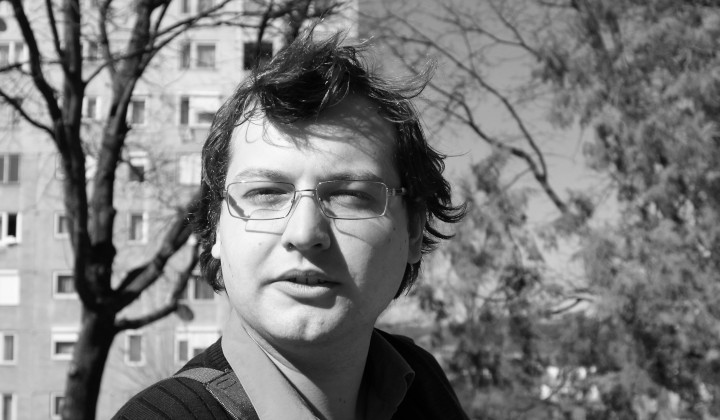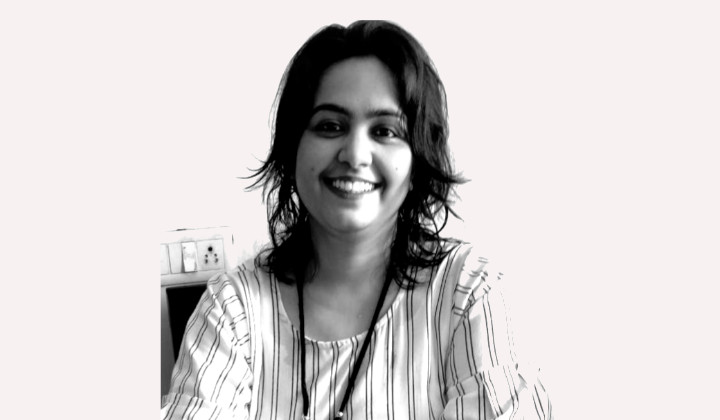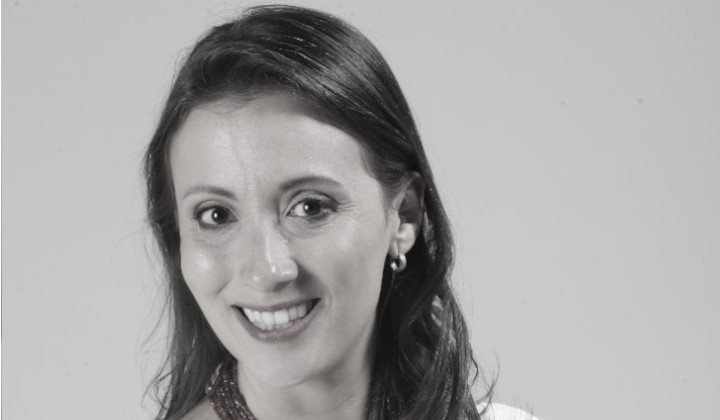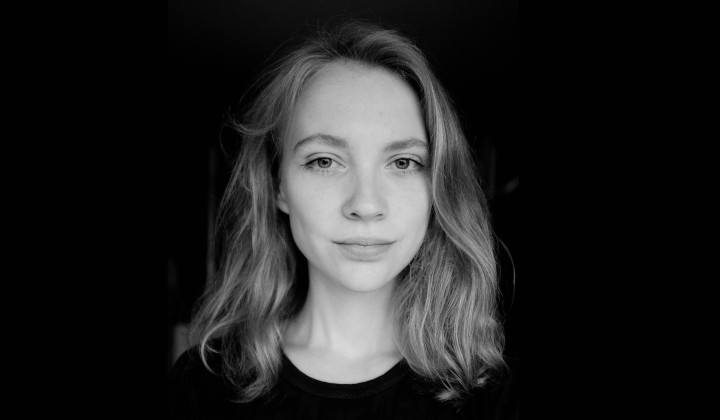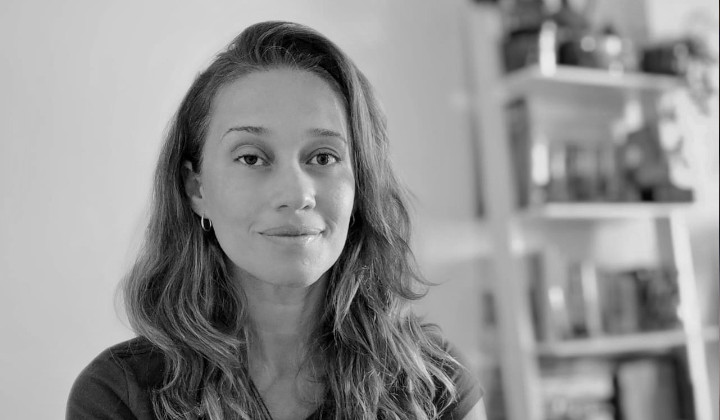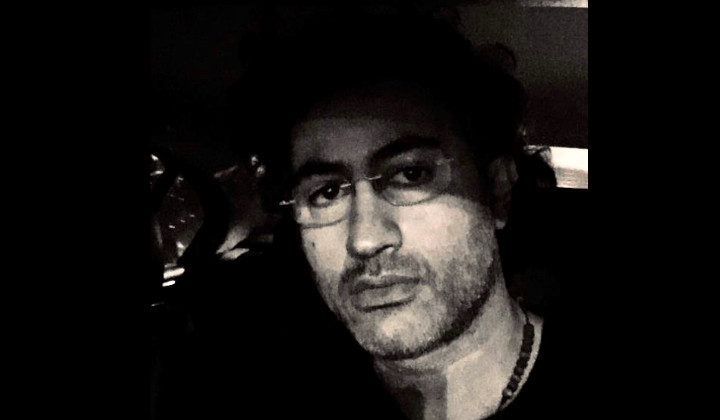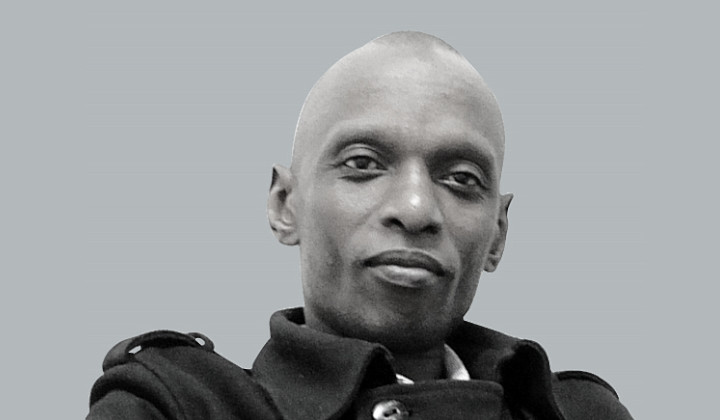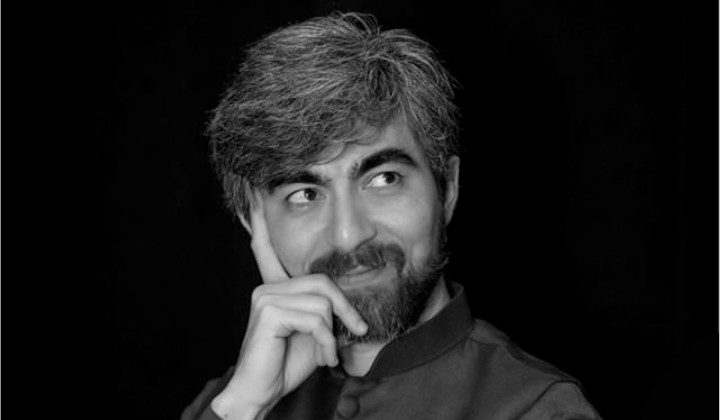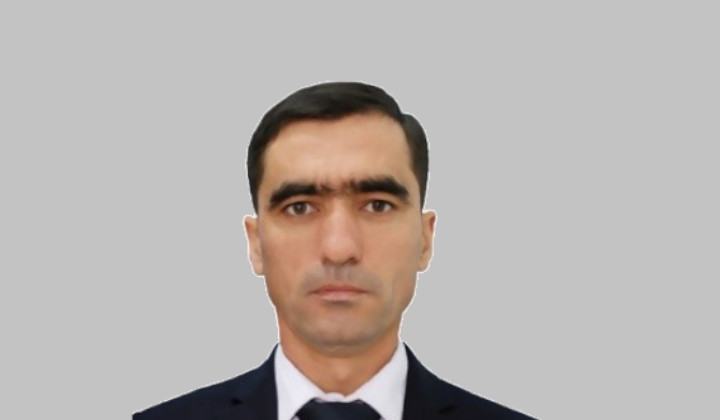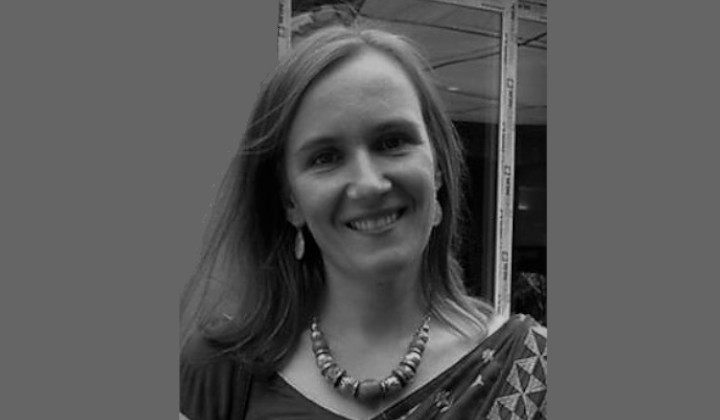Ten years of developing, freedom and equality
Independent journalist Annie Zaman
written by

Alice Kuropka
Annie Zaman, who was born and raised in Pakistan, was used to reading multiple international newspapers every morning, even as a child.
Her father was a journalist and getting informed about the world happening was part of her family’s daily morning routine. Now living in Myanmar, Zaman looks back at a bright spectrum of more than 15 years of journalism and 10 years of media development work.
During her anthropology studies at the Quaid-i-Azam University in Islamabad, Pakistan, Zaman became aware that she wanted to become a journalist. She worked on several university projects doing things such as editing and writing articles and gaining practical experience in newsrooms of her home country. Working 12 to 16 hour shifts was not unusual.
However, Zaman wanted to improve her theoretical knowledge, and she received a scholarship at the Deutsche Welle Academy and Bonn University. She spent two years in Germany studying International media. Meanwhile, she worked for the Deutsche Welle Acadamy and Daily Times.
After another two years in Pakistan 2013 Zaman moved to London and worked as a researcher for Global Voices as a communications officer of an international project. She also worked as an Asian program officer for The Rory Peck Trust, which is relatable to the German Reporter ohne Grenzen, which monitors developments related to freedom of expression and press.
Zaman sees herself as a part of the global movement to protect and enhance the free, safe and open web.
Why Myanmar?
During the last 10 years, Zaman has specialized in the field of freedom of expression, safety of journalists and media development. Because of that, she was interested in working in a country where media is still developing. That’s why she is now based in Yangon, Myanmar.
During the military dictatorship in Myanmar, media suffered from tight controls and restrictions. It received more freedom with the reform process in 2011. As a result, all arrested journalists were released from custody and journalism work was no longer censored before publication. However, the so called Information Ministerium still controls publications after their release. Moreover, a media law restricts the critic of the Myanmar constitution and “disorder of public order” since 2014.
That’s why journalists and media assistants being arrested isn’t unusual in Myanmar. The government also controls the journalist licensing procedure and thereby puts pressure on the media.
In November 2017, Zaman moved to Myanmar without having a job but with the wish to work in an inspiring atmosphere in Asia to be part of the change. But without the above described permission, she was not allowed to work for the local media. Instead, she mostly analyzed the state of journalists’ safety and security in Myanmar. Zaman helped and supported freelance journalists, human rights defenders and their families in distress.
Zaman is alsoi writing a conflict-sensitive journalism handbook for the Myanmar Journalism Institute. She still publishes anonymously in international media such as Deutsche Welle, Global Voices or the Himal Magazine. Even though local journalists are not free in their daily work, she has the possibility to enjoy more freedom working for international media.
Zaman said that there’s always an exit for her while locals are trapped in restrictions and containment. In the eyes of the government, local media is a means of propaganda, and she could imagine that more restrictive laws will follow that the press should oppose.
„My vagina comes first, then my work“
Durning 40 this year, Zaman worked in two continents, four countries and in three languages. She managed journalistic teams and newsrooms in crisis situations. She also worked as an independent journalist while still being a researcher and academic. But despite having this much practical knowledge and appropriated qualities, Zaman experienced disadvantages because of being a woman as well as being a woman of color.
Zaman witnessed discrimination not just in her home country of Pakistan and the unstable Myanmar but also in Europe. Even in Germany during her master’s degree, she had to fight for herself and justify steadily why she would be a good asset for a project, even though her English was better than that of some native speakers in her course and she read a great number of newspapers every day.
Discrimination is not just a problem for the less developed countries. Even though the word journalist is neutral, most people see it as a male term. Zaman said woman are missing in media management positions all over the world. During her career, she was asked whether she dares to lead a team as a woman – a question that probably no man will ever be asked.
Due to situations like these, Zaman is convinced her vagina comes first, then her work. Working on projects for equality in journalism, Zaman hopes to see change in the next years.



